If you have a bachelor’s degree and are interested in the medical field, an entry-level master’s degree in nursing may be for you. This degree program is a great way to become involved in the nursing profession at an advanced level after graduation. Having a master’s degree may lead to higher income and the chance to take on leadership roles within an organization, which can allow you to make a big difference for both organizations and patients.
Those who enroll in an entry-level MSN program will qualify to take the NCLEX licensing exam to become a registered nurse (RN). According to the Bureau of Labor Statistics, the median annual income for RN’s in the US is $77,600. O*Net Online reports that RN’s in California make a median annual wage of $81,220, with a projected job growth of 4-7%. This degree may lead to roles in management or leadership as well, which may result in an even higher income.
Registered nurses perform a number of duties, including:
- Observing, assessing, and recording patients
- Perform diagnostic tests
- Operate medical equipment
- Administer treatment such as medication
- Provide information on care post-treatment
- Educate patients on health
Choosing what school to attend can be an important decision. An accredited university can make a big difference, both for the quality of education you receive and the job opportunities you have in the long run. Employers typically prefer to hire individuals who received their degree from an accredited institution. Accrediting organizations are responsible for assessing universities and other educational institutions for quality within their programs. By attending an accredited institution, you are more likely to receive an education that prepares you for your career and your future career. The two main accrediting origanizations for nursing students in the US are the Commission on Collegiate Nursing Education (CCNE), and the Accreditation Commission for Education in Nursing (ACEN). The CCNE works to accredit bachelor’s and graduate-level nursing programs, and the ACEN accredits nursing programs at all levels.
Below is an overview of universities in California that offer an entry-level master’s degree in nursing.
University of California – Los Angeles
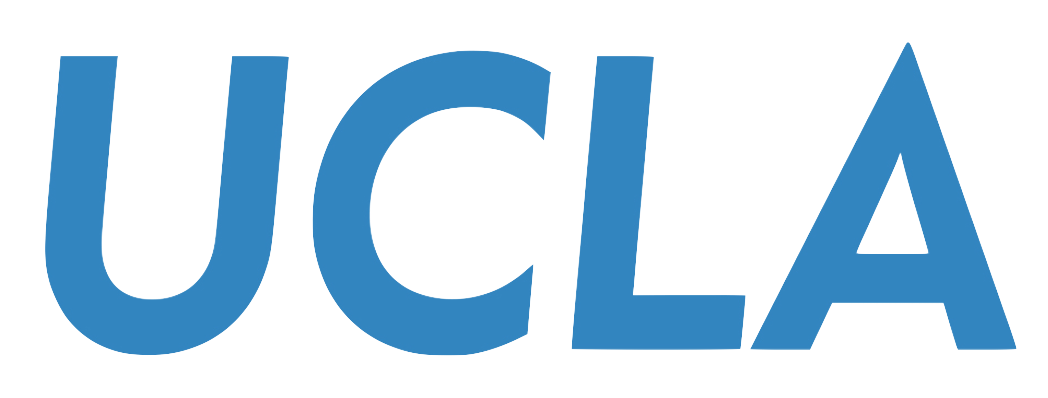
The entry master of science in nursing at UCLA prepares students for various careers such as working in public health, becoming a clinical nurse leader, or working as a registered nurse. The program takes two years to complete, which includes summers. After completing the program, students Will be prepared to take the National Council Licensing Examination and will qualify to become a registered nurse. Some students will also be able to receive a public health nursing certification, if desired. The entry-level MSN program at UCLA is accredited by the Commission on Collegiate Nursing Education (CCNE).
University of California – Irvine

The Sue and Bill Gross School of Nursing at UC Irvine has an entry level masters degree in nursing that takes two years of full-time study to complete. This accelerated program helps students learn the foundation of nursing practice so that they can become registered nurses. Students will be able to apply their knowledge to simulations and will build leadership skills. There is a Community and Population Health concentration as well. The program is 84 units total. UC Irvine’s entry-level MSN program is accredited by the Commission on Collegiate Nursing Education (CCNE).
University of San Diego
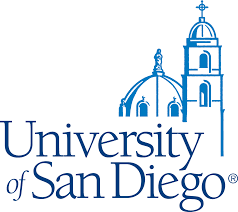
The Hahn School of Nursing and Health Science at USD offers a Master’s Entry Program in Nursing (MEPN) It’s available for anyone with an undergraduate degree in something other than nursing period This program is hands-on, and students participate in a variety of simulations in the simulation center on campus. The program is 21 months total, and in that time, students will complete 71 units. This includes in classroom courses, labs, and a practicum. University of San Diego’s entry-level MSN program is accredited by the Commission on Collegiate Nursing Education (CCNE).
Western University of Health Sciences

Western University’s MSN entry program is intended for students who have an undergraduate in another subject besides nursing to earn their masters degree in two years. Upon completion of the program, students will be able to earn a registered nurse license. This program is completed generally in six semesters of full-time study. Courses are offered on campus. Courses and practicum well prepare students to take the NCLEX licensing exam. This program follows the standards of the American Association of Critical Care Nurses (AACN). Western University’s entry-level MSN program is accredited by the Commission on Collegiate Nursing Education (CCNE).
California Baptist University
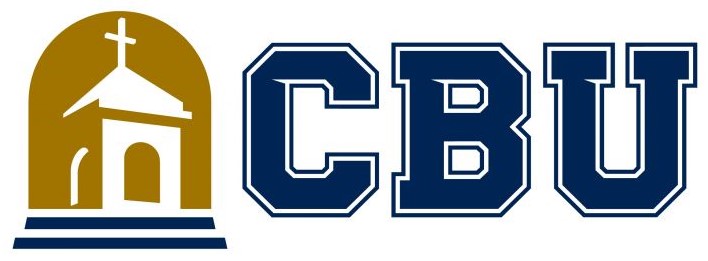
At CBU, the entry Masters of science in nursing is designed for individuals with a bachelor’s degree who want to become registered nurses. Once students have completed the required prerequisite courses, they can then apply for this program. Pantry level nursing program consists of 102 to 108 units, and takes 10 or 11 semesters to complete. There are three concentrations to choose from within the program: Nurse Educator, Nursing Informatics, and Nursing Organizational Leadership. California Baptist University’s entry-level MSN program is accredited by the Commission on Collegiate Nursing Education (CCNE).
Azusa Pacific University

The ELM program at APU prepares students to take their clinical exam to become a nurse specialist or nurse practitioner. The program is 108 to 120 units. Students typically complete this in four semesters in addition to a clinical residency. It is required that students take this program full-time. The program is accredited by the CCNE, BRN, and WSCUC. Azusa Pacific University is a faith-based, Christian University. The entry-level MSN degree program at Azusa Pacific University is accredited by the Commission on Collegiate Nursing Education (CCNE) and the Board of Registered Nursing.
Charles R. Drew University of Medicine and Science

The university’s entry level Master of science and nursing includes courses that teach knowledge to help students become licensed as a registered nurse. They can also apply for a Public Health nurse certificate as well after graduating. This program is 81 credits and takes two years to complete. In the program, students will receive hands-on experience through a variety of learning activities. Students will take part in courses That will teach theory, proper research, and more. You’re the end of the program, students will take part in a clinical experience where they will apply their knowledge. The entry-level MSN program at Charles R. Drew University is accredited by the Commission on Collegiate Nursing Education (CCNE).
Loma Linda University
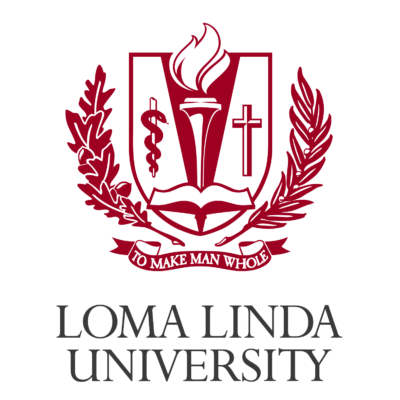
Loma Linda University educates students in evidence-based nursing so they can earn a master’s degree through the entry level nursing program. This program offers a concentration in Population Health. In order to enroll in this program, a student should have earned a 3.3 GPA in their bachelorette program. Along with the other admission requirements, a student should also have volunteer or work experience within a health care setting no. Students will complete approximately 113 units within this program. Loma Linda University’s entry-level MSN program is accredited by the Commission on Collegiate Nursing Education (CCNE).
University of California – Davis

The entry-level MSN degree program allows students who have a bachelor’s degree in another discipline receive a registered nursing license at a faster rate. This highly rated program educates students on contemporary nursing practices so they can handle real-world, modern situations. This program is unique because students begin working with patients within their first quarter alongside their classroom courses. To graduate, students must complete 92 units. UC Davis’s entry-level MSN degree program is accredited by the Commission on Collegiate Nursing Education (CCNE).
University of San Francisco
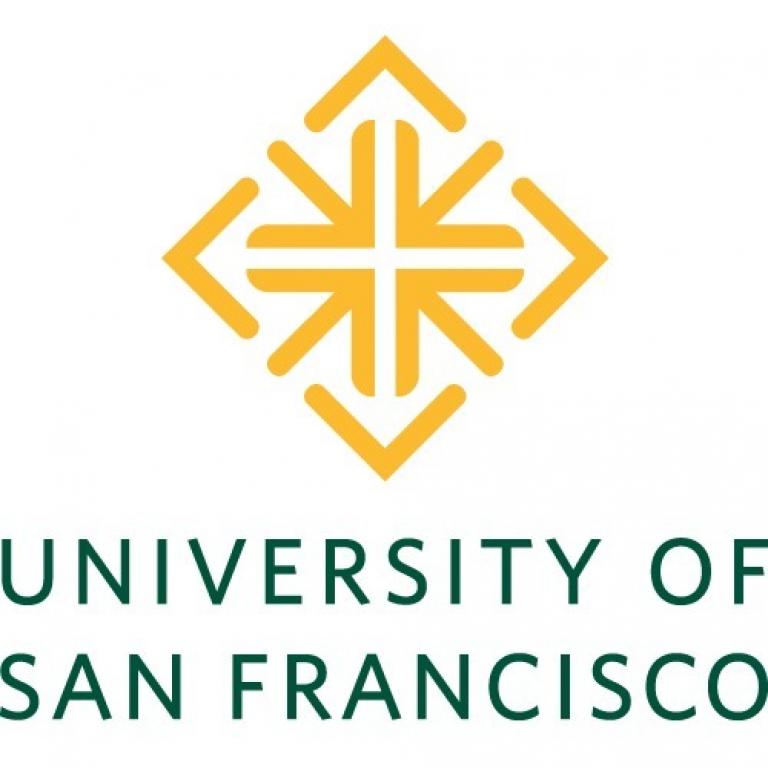
USF’s entry-level master’s of nursing program equips students with a number of skills needed to become a registered nurse, including patient safety and advocacy, care coordination, health promotion, data analysis, and more. The program is 68 units and takes two years of full-time enrollment to complete. Students will also take part in 1000+ internship hours. There are multiple pre-requisites a student must complete, such as in psychology, statistics, microbiology, physiology, anatomy, and English. University of San Francisco’s entry-level MSN program is accredited by the Commission on Collegiate Nursing Education (CCNE).
San Francisco State University
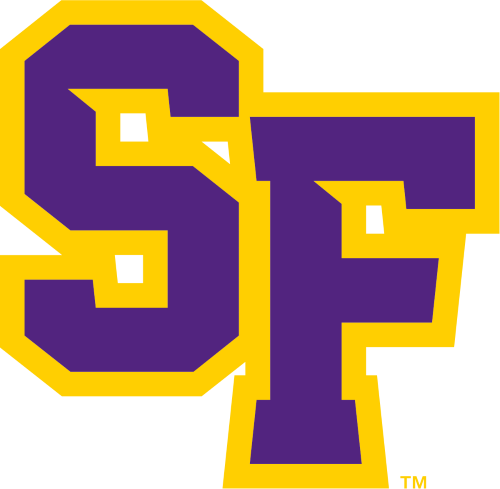
SFSU’s entry-level MSN takes six semesters (or three years) to complete. After the completion of four semesters, students are able to take the NCLEX registered nursing clinical exam to earn an RN license. Once the program is completed, students will have earned a bachelor’s of science in nursing as well as a master’s. The program is 95 units. There are several specializations to choose from, including:
- Clinical Nurse Specialist
- Nursing Administration
- Public/Community Health
The SFSU’s entry-level MSN program is accredited by the Commission on Collegiate Nursing Education (CCNE).
Samuel Merritt University

SMU’s entry-level MSN program prepares students to earn their nursing degree in one of two specializations: Family Nurse Practitioner and Case Management. Students can attend this university at either their Oakland or Sacramento location. The program is 39 months (10 semesters) long for a total of 109 semester units, and students are required to enroll full-time, at least for the first four semesters. The entry-level MSN program at Samuel Merritt University is accredited by the Commission on Collegiate Nursing Education (CCNE).

